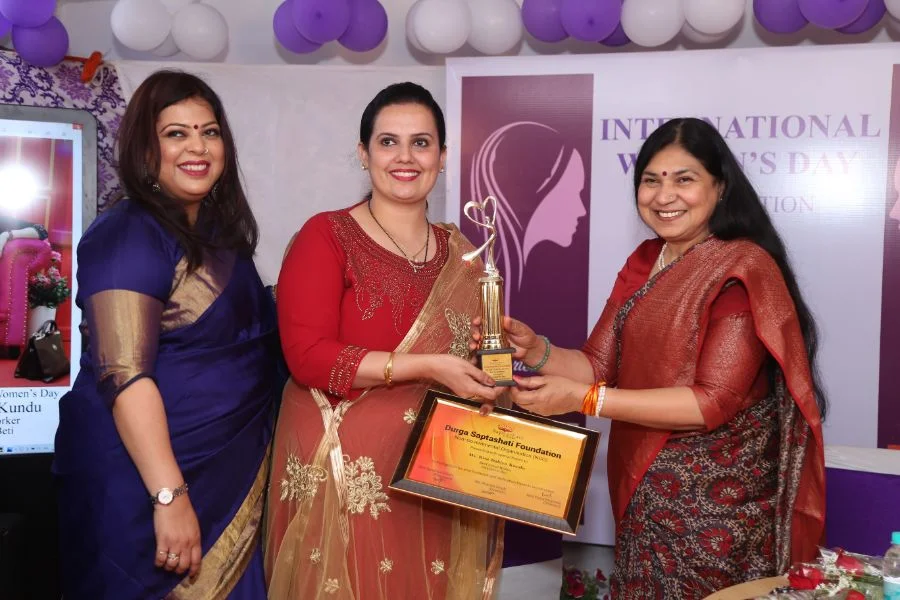The Impact of Domestic Violence on Women’s Independence
Domestic violence isn’t just about physical harm—it steals a woman’s confidence, freedom, and ability to make choices for herself. For many, it creates a life filled with fear, financial instability, and social isolation. When we talk about women’s empowerment, we must first address the reality that many women struggle to regain their independence after experiencing abuse.
The Silent Struggle: Why Women Stay Stuck?
Many people wonder, “Why doesn’t she just leave?” The answer is rarely simple. Domestic violence leaves deep emotional scars, making it hard for women to believe in themselves. Fear of retaliation, lack of financial resources, and social stigma often keep them trapped. Even when they do escape, the journey to rebuilding their life is filled with challenges.
Financial Dependence: A Major Hurdle
One of the biggest reasons women find it hard to leave an abusive relationship is financial dependence. Many are prevented from working or are forced to hand over their earnings. Without money, finding a safe place to stay or supporting children becomes nearly impossible. Women’s empowerment isn’t just about breaking free—it’s about having the financial means to stand on their own.
Loss of Confidence and Self-Worth
Abusers use manipulation and control to make women feel powerless. Over time, this emotional abuse chips away at self-confidence. Even after leaving, many women struggle with self-doubt, making it hard to pursue education, find employment, or make independent decisions.
Social Stigma and Isolation
In many cultures, leaving an abusive partner is seen as shameful. Women are often blamed rather than supported. Some face rejection from their own families, making the journey even harder. True women’s empowerment means creating a society where survivors are supported, not judged.
Rebuilding Independence After Domestic Violence
Leaving abuse behind is only the first step. To truly regain independence, women need access to resources that help them heal, grow, and rebuild their lives.
Education and Employment Opportunities
Providing education and job training is crucial in helping survivors become self-sufficient. When women have financial stability, they are less likely to return to abusive situations out of desperation. NGOs like Durga Saptashati in Dwarka working for women’s empowerment must prioritise skill-building programmes that help survivors find employment.
Safe Housing and Legal Support
Many women stay in abusive relationships because they have nowhere else to go. Shelters and safe housing options provide a lifeline for those escaping violence. Legal aid is also essential to help women secure restraining orders, custody of their children, and financial support.
Mental Health and Emotional Healing
Counselling and support groups help women rebuild confidence and process trauma. Healing isn’t just about survival—it’s about regaining control over one’s life.
Taking Action: The Role of Society
Domestic violence isn’t just a personal issue—it’s a societal problem. Women’s empowerment cannot be achieved if women are unsafe in their own homes. We all have a role to play:
- Speak up when you see signs of abuse.
- Support organisations like the Durga Saptashati NGO in Dwarka that help survivors rebuild their lives.
- Encourage financial independence by supporting education and employment opportunities for women.
A Call for Change
Domestic violence is a major roadblock to women’s empowerment, but it doesn’t have to define a woman’s future. Every survivor deserves the chance to reclaim her independence, rebuild her confidence, and create a life free from fear. The time to act is now because every woman deserves freedom, dignity, and the right to live without fear.
